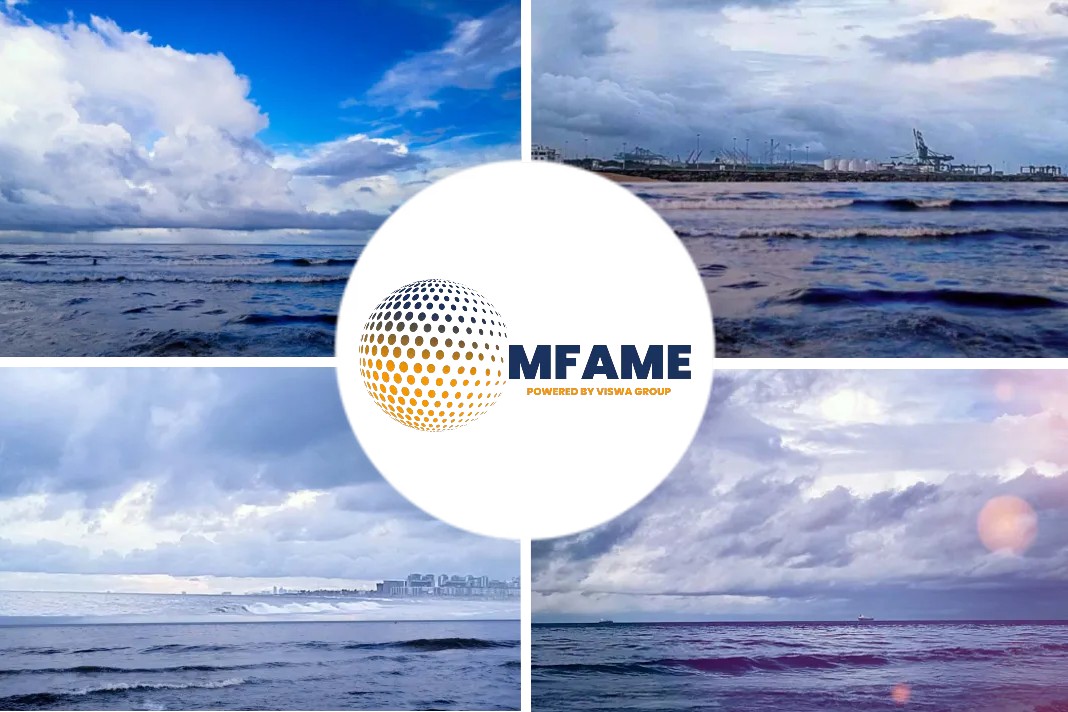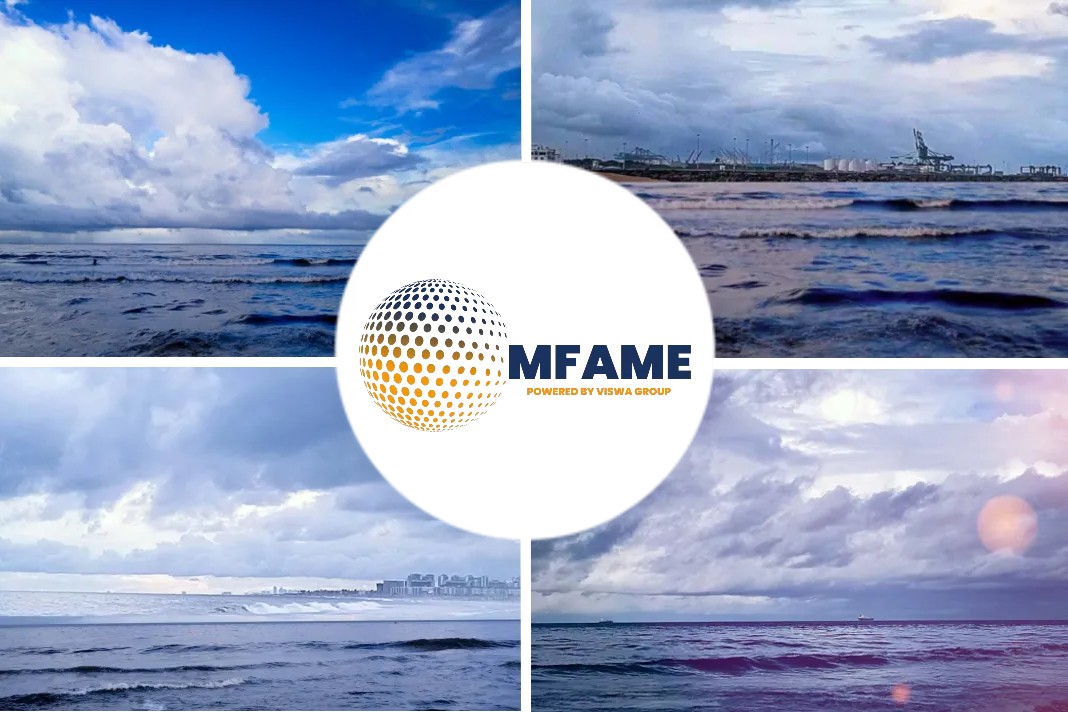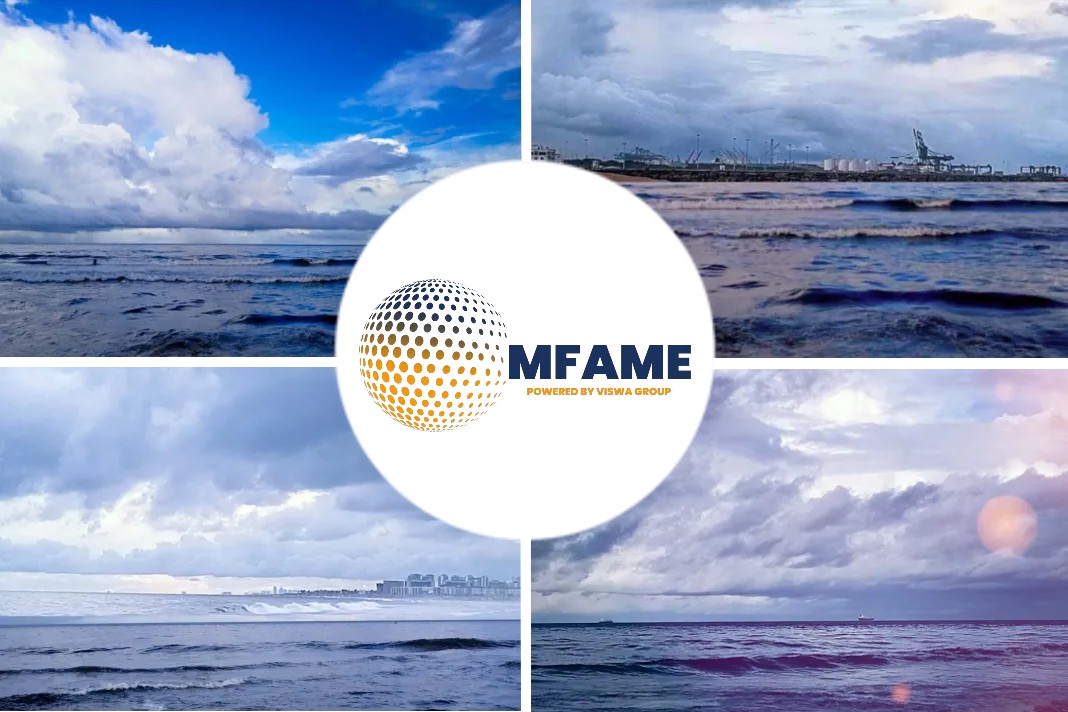The Northern Lights joint venture has awarded contracts for the construction of two dedicated CO2 carriers to Dalian Shipbuilding Industry Co., Ltd, reports the company website.
Vessels to transport liquid CO2
As part of the first phase of its CO2 transport and storage infrastructure development, Northern Lights is building two dedicated CO2 carriers, each with a cargo size of 265,000 cubic feet and a length of 425 feet. The ships will be built by Dalian Shipbuilding Industry and will be ready for delivery by mid-2024.
The vessels are designed to transport liquid CO2 with purpose-built pressurized cargo tanks. The primary fuel for the ships will be LNG, keeping emissions low. Other innovative technologies, such as a wind-assisted propulsion system and air lubrication will be installed to reduce carbon intensity by around 34 percent compared to conventional systems. The ships are the first of their kind and will potentially set a new standard for CO2 shipping on coastal trading routes.
A significant milestone
“The award of these contracts is a significant milestone for Northern Lights. The use of ships will enable the development of a flexible and efficient European infrastructure network for the transport of CO2 captured by our industrial customers, keeping costs as low as possible to help decarbonization scale up. I am also very pleased that these ships will be built to keep their emissions to a minimum through the use of innovative technology”, Borre Jacobsen, Managing Director of Northern Lights JV, said.
“Taking this opportunity, Dalian will devote itself to delivery of these pioneering projects in a safe, high-quality, and timely manner and assist Northern Lights on the ambitions of low carbon emission,” Riqiang Hu, Marketing Director of Dalian Shipbuilding, added.
An open and flexible infrastructure
Once in operation, the ships will load captured and liquefied CO2 from European emitters and transport it to the Northern Lights receiving terminal in Øygarden in western Norway. The CO2 volumes will be accurately measured and reported throughout the value chain. These will be independently verified, and the necessary documentation provided to regulators and customs officials.
As for Northern Lights, it is developing an open and flexible infrastructure to transport CO2 from industrial emitters by ship to a receiving terminal in western Norway for intermediate storage, before being transported by pipeline for permanent storage in a geological reservoir 8,500 feet under the seabed. Operations are scheduled to start in 2024.
The Northern Lights JV is a registered, incorporated general partnership with shared liability owned equally by a trio of energy majors – Equinor, Shell, and TotalEnergies.
Did you subscribe to our daily newsletter?
It’s Free! Click here to Subscribe!
Source: Northern Lights















